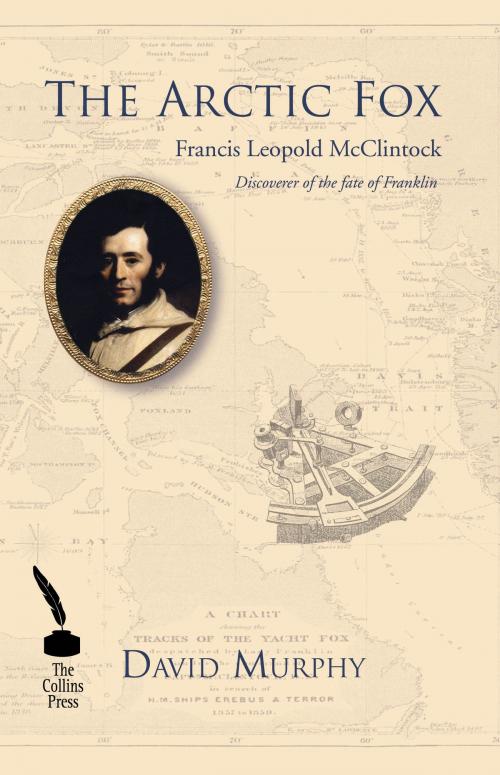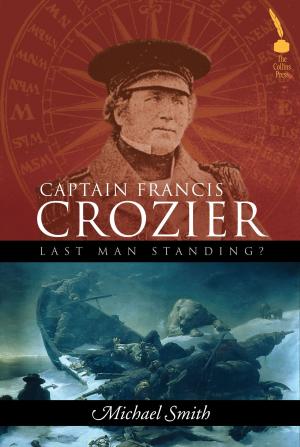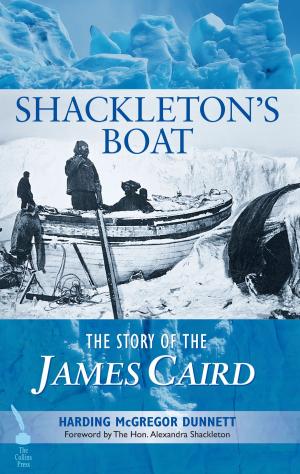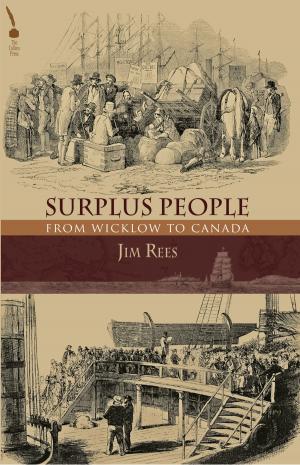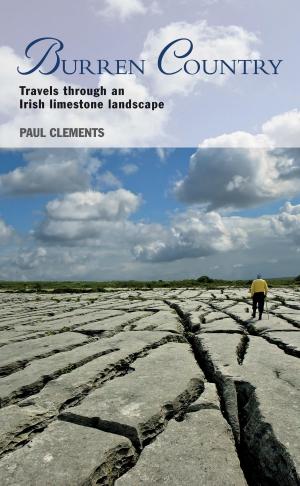The Arctic Fox: Francis Leopold McClintock: Discoverer of the fate of Franklin
Nonfiction, Science & Nature, Science, Biography & Memoir, History| Author: | David Murphy | ISBN: | 9781848898998 |
| Publisher: | The Collins Press | Publication: | September 10, 2004 |
| Imprint: | The Collins Press | Language: | English |
| Author: | David Murphy |
| ISBN: | 9781848898998 |
| Publisher: | The Collins Press |
| Publication: | September 10, 2004 |
| Imprint: | The Collins Press |
| Language: | English |
The Shackleton of his day, Leopold McClintock from Dundalk was the leading Arctic explorer of the Victorian era. First to bring definite information on the lost Franklin party, he rose to admiral and advised Scott before the 'Discovery' expedition in 1901. This fascinating tale starts when he enlisted in 1831, not yet twelve years old. He began exploration in 1848 on the ‘Enterprise’ expedition with Ross, the first in search of Franklin. After two further expeditions, he was the most experienced explorer in the Royal Navy, having sledged over 1,300 miles, over-wintered and discovered Prince Patrick Island. At the request of Lady Franklin, he commanded the ‘Fox’ in 1857 to search for Franklin. By 1859 he had found written records and human remains after Eskimos told him of a shipwreck and survivors. He returned home with the news that the entire crew of the Franklin expedition had perished, was greeted with acclaim and awarded honours. His account of the expedition became a best-seller. After his death a plaque remember him was unveiled at Westminster Abbey, portraits hung in London’s National Portrait Gallery and the McClintock Channel in the Arctic was named after him.
The Shackleton of his day, Leopold McClintock from Dundalk was the leading Arctic explorer of the Victorian era. First to bring definite information on the lost Franklin party, he rose to admiral and advised Scott before the 'Discovery' expedition in 1901. This fascinating tale starts when he enlisted in 1831, not yet twelve years old. He began exploration in 1848 on the ‘Enterprise’ expedition with Ross, the first in search of Franklin. After two further expeditions, he was the most experienced explorer in the Royal Navy, having sledged over 1,300 miles, over-wintered and discovered Prince Patrick Island. At the request of Lady Franklin, he commanded the ‘Fox’ in 1857 to search for Franklin. By 1859 he had found written records and human remains after Eskimos told him of a shipwreck and survivors. He returned home with the news that the entire crew of the Franklin expedition had perished, was greeted with acclaim and awarded honours. His account of the expedition became a best-seller. After his death a plaque remember him was unveiled at Westminster Abbey, portraits hung in London’s National Portrait Gallery and the McClintock Channel in the Arctic was named after him.
